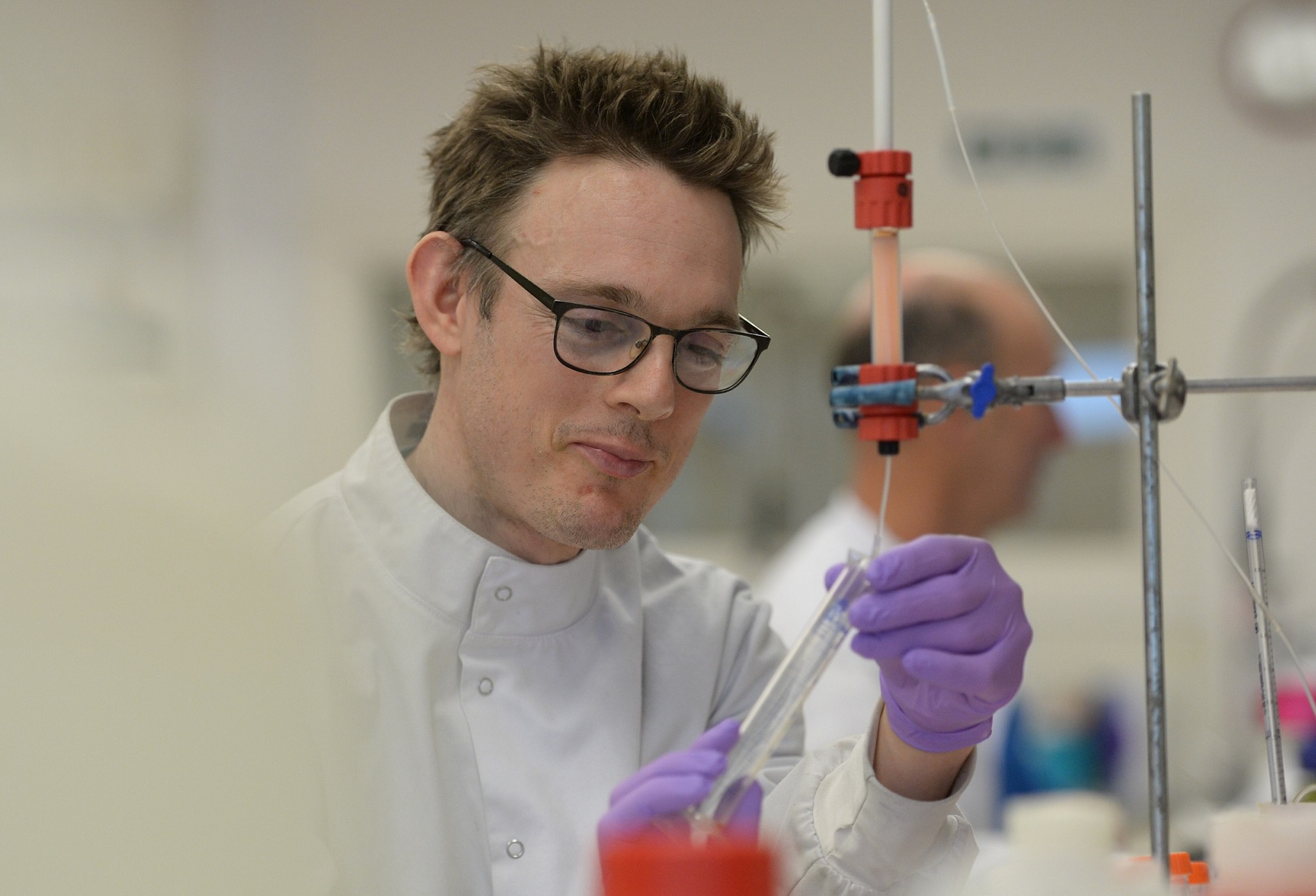NHS Blood and Transplant launches £20m research units
NHS Blood and Transplant (NHSBT) has launched a £20m set of research units across blood, organ, plasma, and stem cells. (1)
The five Blood and Transplant Research Units (BTRUs) - co-funded by the National Institute for Health and Care Research (NIHR) and NHSBT - are aimed at providing new technologies, techniques or insights that will benefit donation, transfusion, and transplantation.
 Many of the work strands in the new units, which went live this April, could result in new technologies and practices that can then be delivered at scale by NHSBT, helping to save and improve even more lives. (2)
Many of the work strands in the new units, which went live this April, could result in new technologies and practices that can then be delivered at scale by NHSBT, helping to save and improve even more lives. (2)
They are multi-disciplinary centres of excellence which will:
- pursue cutting edge research in donor health and behaviour
- improve transfusion practice in hospitals
- increase the number of organs available and improve long-term outcomes after solid organ transplant
- develop new kinds of cell therapies for blood disorders and blood cancer
- reduce the risks of transmitting infections through the work that we do.
The five new NIHR BTRUs are (click on each to learn more):
Dr Gail Miflin, Chief Medical Officer for NHSBT, said: “By collaborating with universities, these five new Blood and Transplant Research Units will help us to deliver on our mission to ‘save and improve even more lives’ and drive innovation to inform future clinical practice and improve patient outcomes.
“For example, the supply-demand gap for solid organs continues to grow. We will explore the use of organ perfusion technologies to maintain and enhance the quality of organs, improve organ preservation and increase organ utilisation. This will enable more patients to receive the transplant they need.
“Building and analysing new data sets to track and demonstrate the impact of our interventions will lead to better understanding and improved outcomes. We already do this well for solid organs, but do not currently understand the outcomes for people who receive blood or stem cells sufficiently well.
“We will work with partners to build integrated data sets for these patients, focusing on the multi-transfused, especially those with sickle cell disease where a clear health inequity exists.
“To maximise the value and impact from our research, we will accelerate the translation of innovation into practice. The NIHR BTRUs will be an important vehicle for this in the longer term.”
Health and Social Care Secretary, Sajid Javid said: “These new research units will allow NHS Blood and Transplant to lead the way in developing innovative treatments for blood disorders and blood cancer - allowing the NHS to save even more lives.
“It will also mean more people will have access to life-saving donations, blood transfusions, and cell therapy, helping us tackle disparities that exist among those waiting for organ transplants and stem cells.
“I urge more people to consider becoming an organ, blood or stem cell donor, especially those from Black, Asian and other ethnic minority backgrounds.”
Article notes
- The BTRUs are funded by £16m from the NIHR and £4m from NHSBT, with research goals set to meet NHSBT’s requirements, to be delivered between 2022 and 2027. The products could be manufactured at the NHSBT including major new centres such as the new cellular therapies laboratories and the forthcoming Clinical Biotechnology Centre.
- Much of the work will be aimed at reducing health disparities and improving access to new treatments. For example, these units will be looking to improve outcomes for patients from ethnic minorities such as those with sickle cell disease who have a higher risk of immunisation to transfused blood. Equally we will be acting to improve the access to both solid organ and stem cell transplants for those who currently do not have a matched donor or have been highly immunised through their treatment. These are both higher in those from black, Asian and minority ethnic communities ethnic communities.